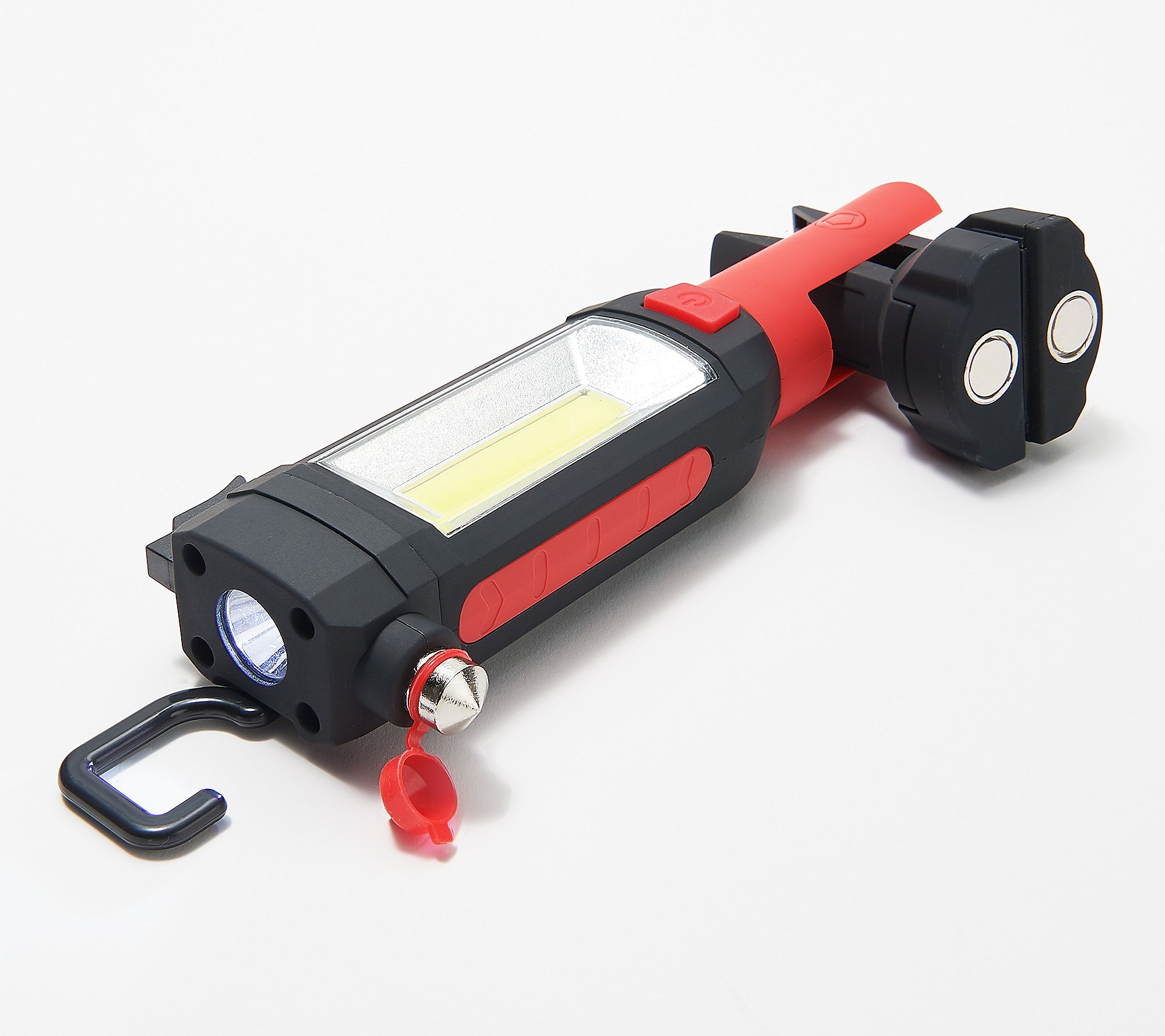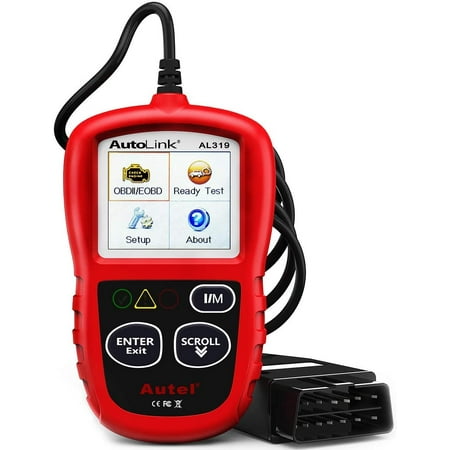iCarsoft MB II for Mercedes Benz / Sprinter / Smart professional diagnostic tool scanner- NEW VERSION
MB II is a professional and powerful vehicle fault diagnosis tool developed by iCarsoft Technology Inc. With a 4 TFT LCD and unique diagnostic software,it features full ECU diagnosis of single vehicle brand and test modes mainly include: CANBUS, ISO9141, KWP2000, J1850 etc.It enable technicians to accurately diagnose complex problems SKU:ADIB015DNAMT2









MB II is a professional and powerful vehicle fault diagnosis tool developed by iCarsoft Technology Inc. With a 4 TFT LCD and unique diagnostic software,it features full ECU diagnosis of single vehicle brand and test modes mainly include: CANBUS, ISO9141, KWP2000, J1850 etc.It enable technicians to accurately diagnose complex problems SKU:ADIB015DNAMT2





Reviews
There are no reviews yet.